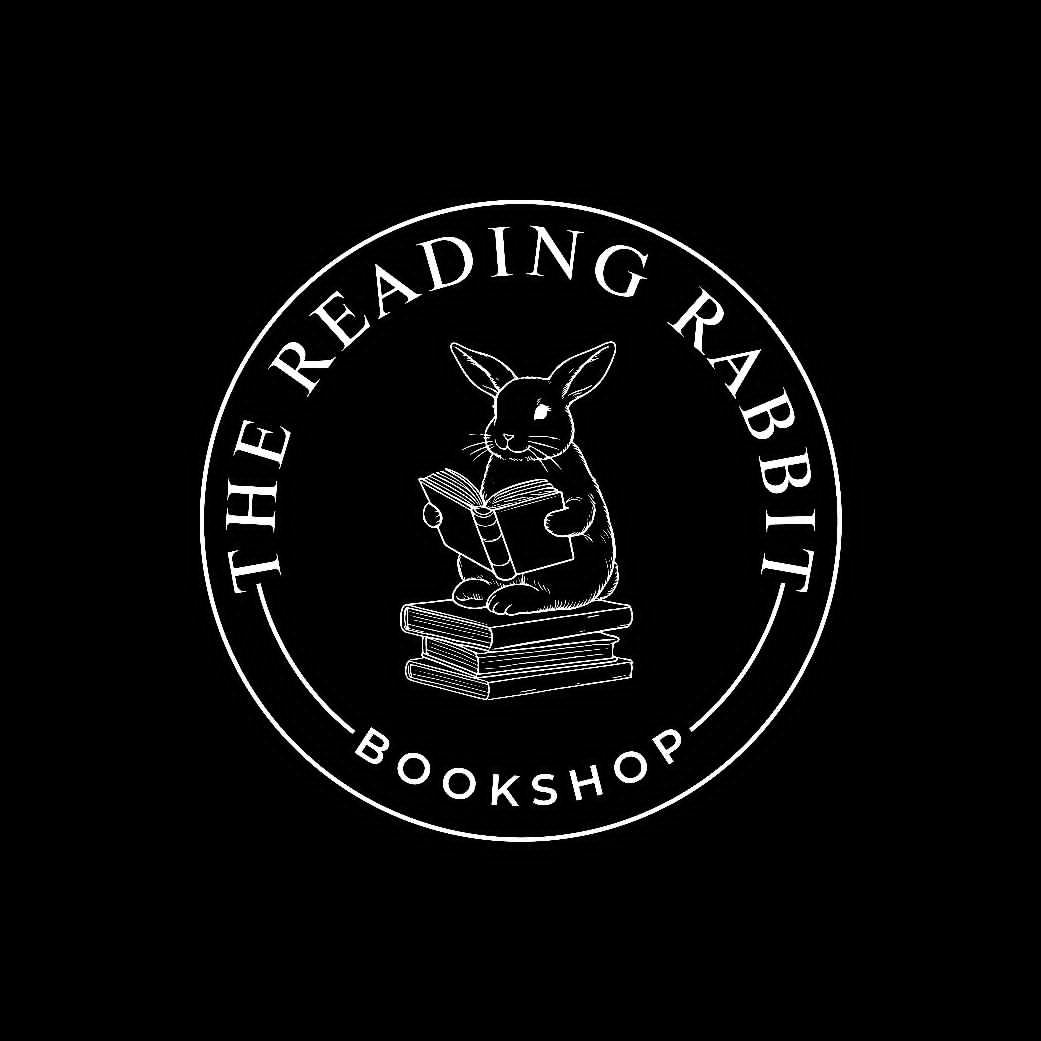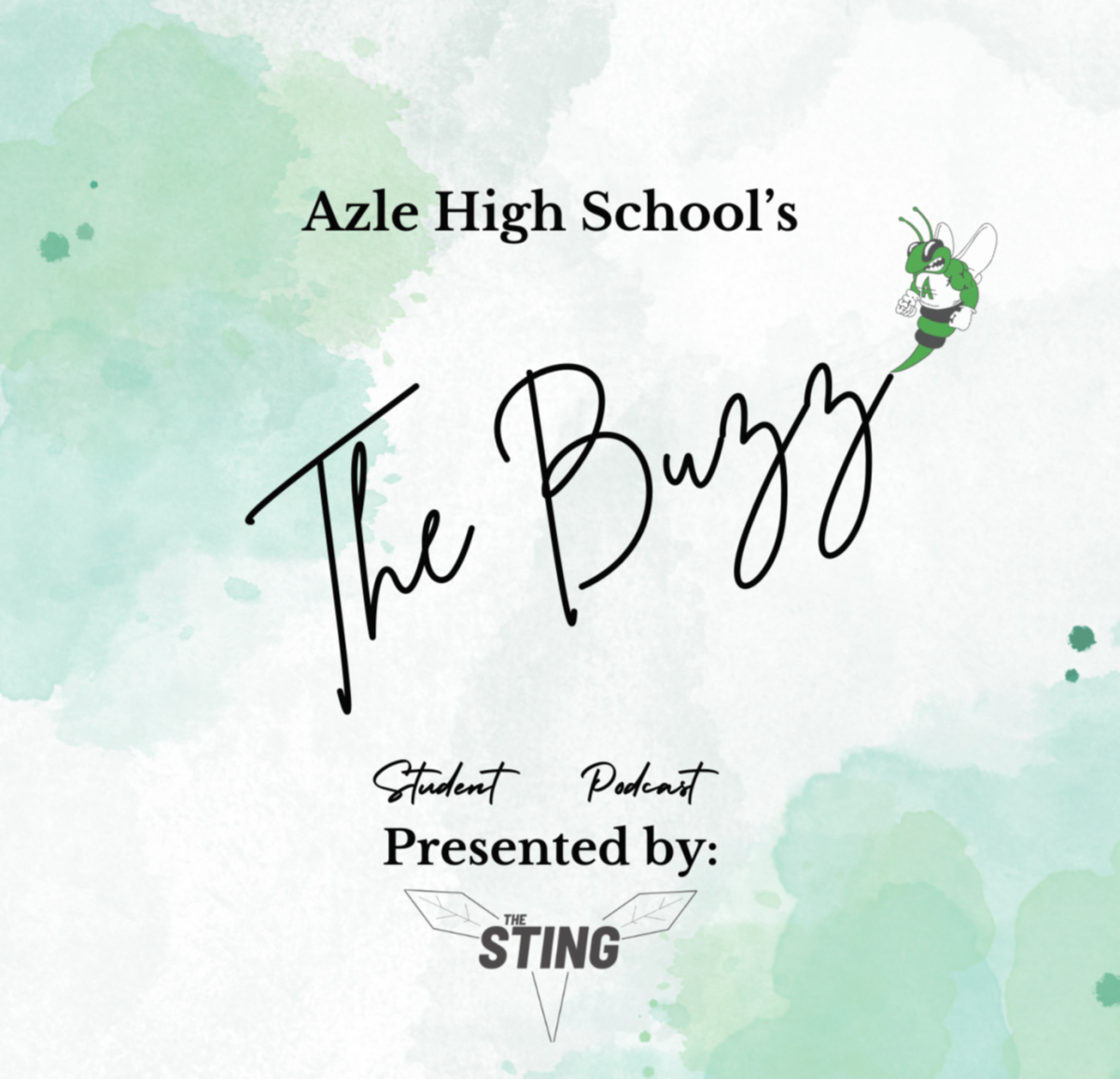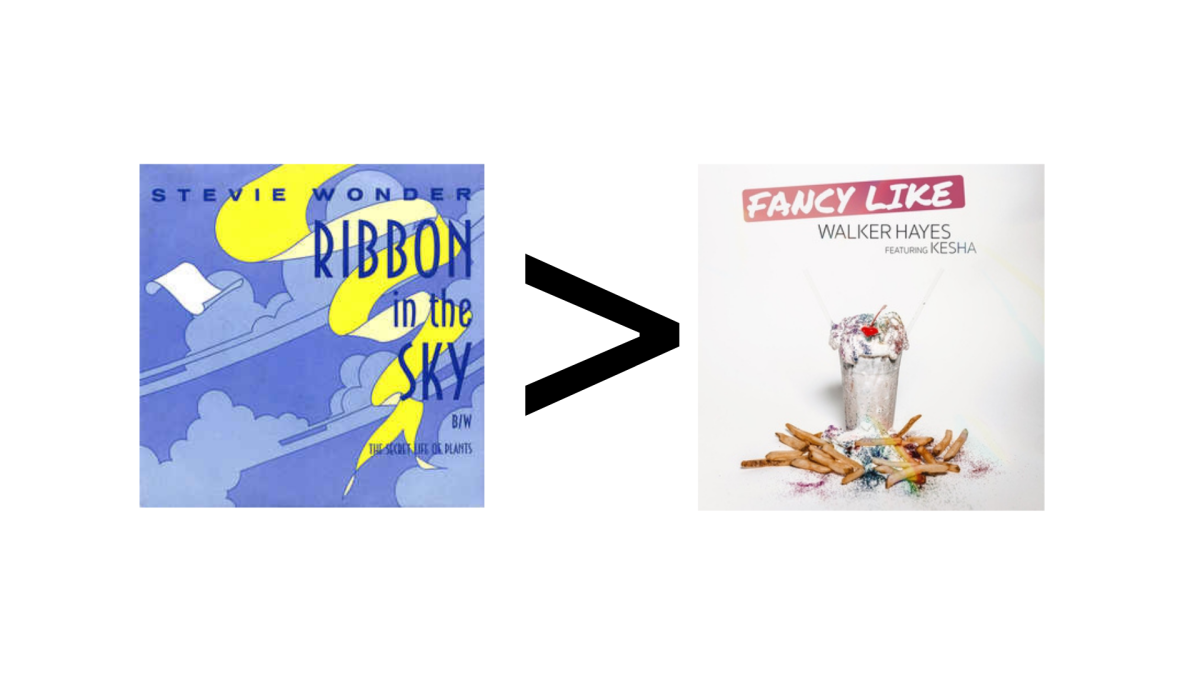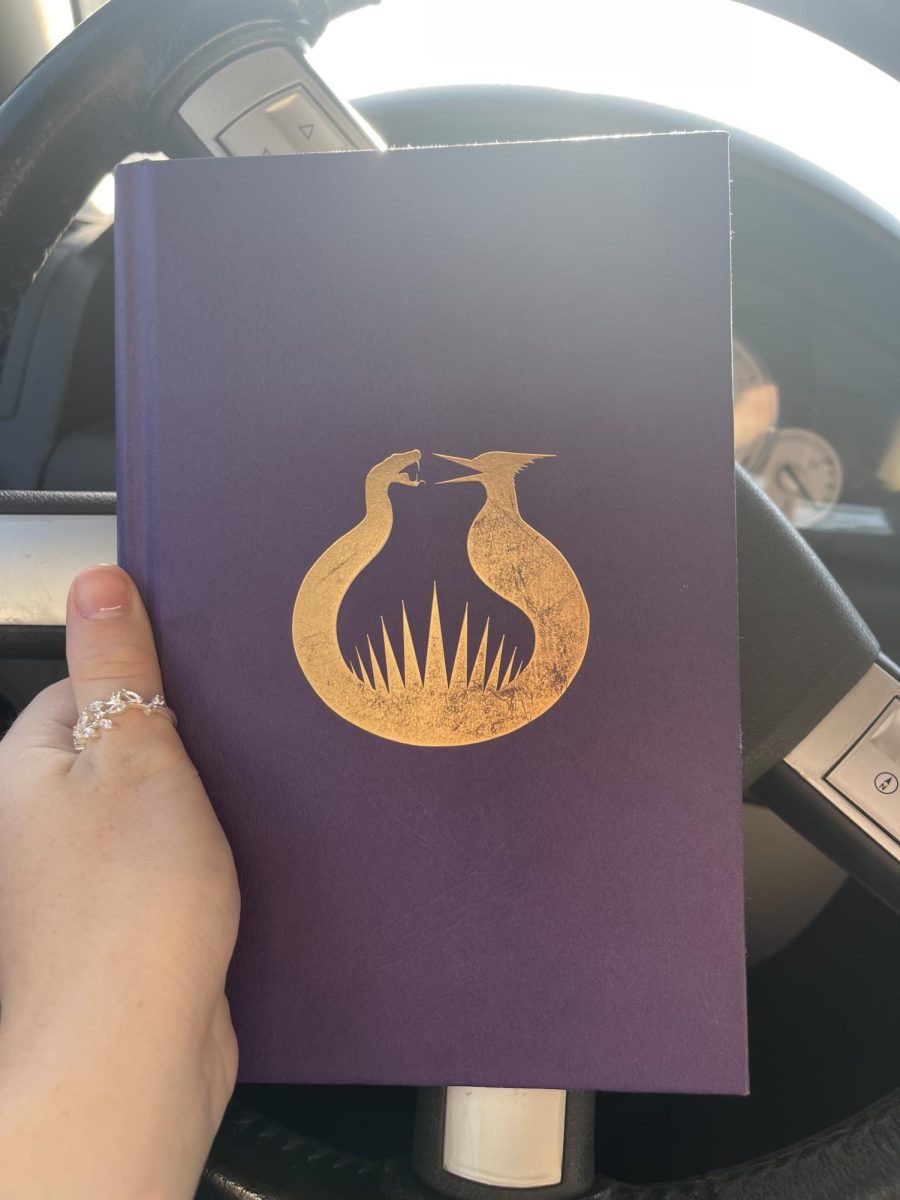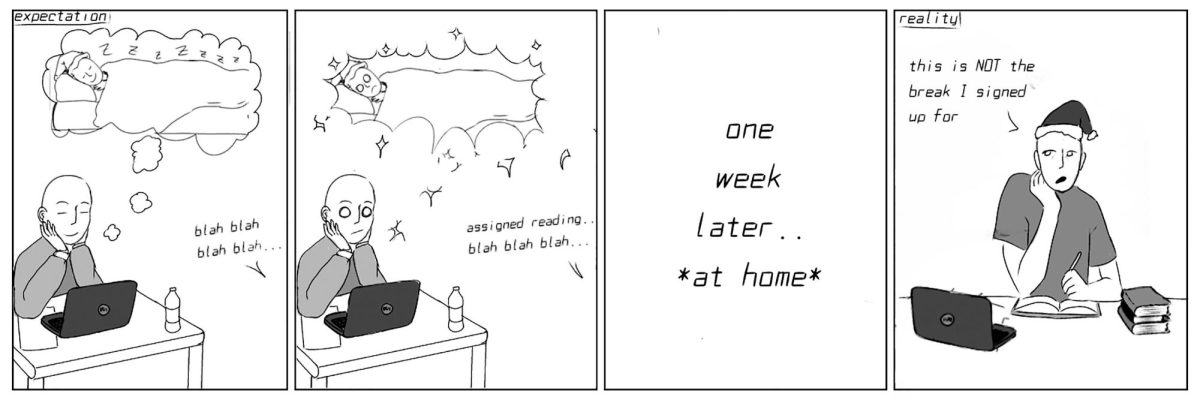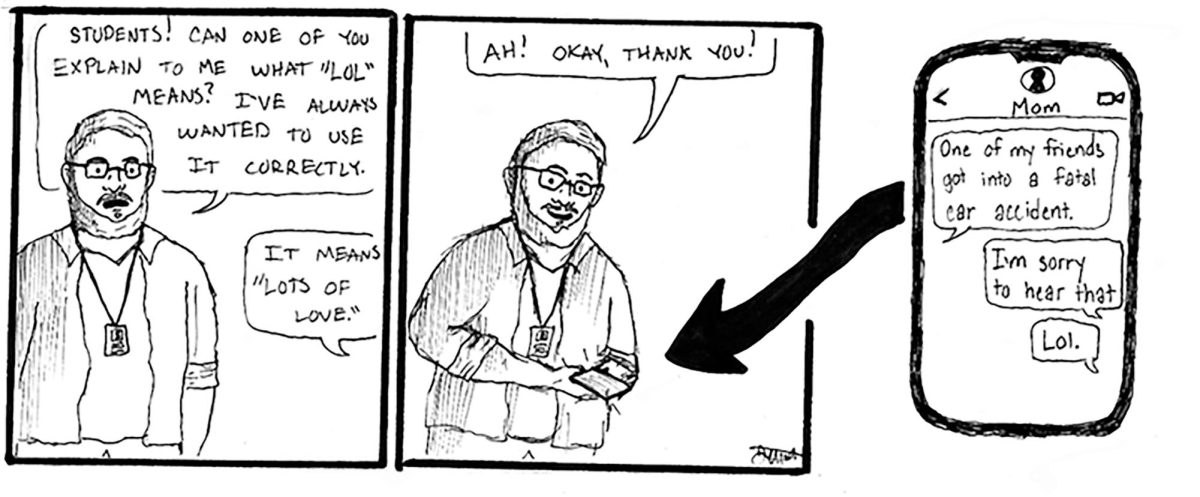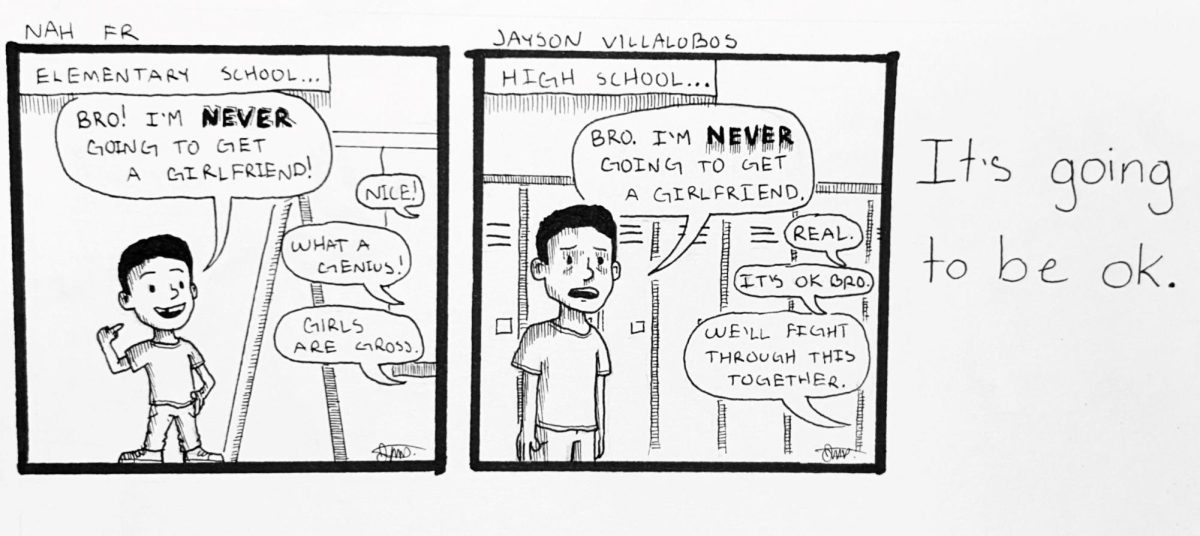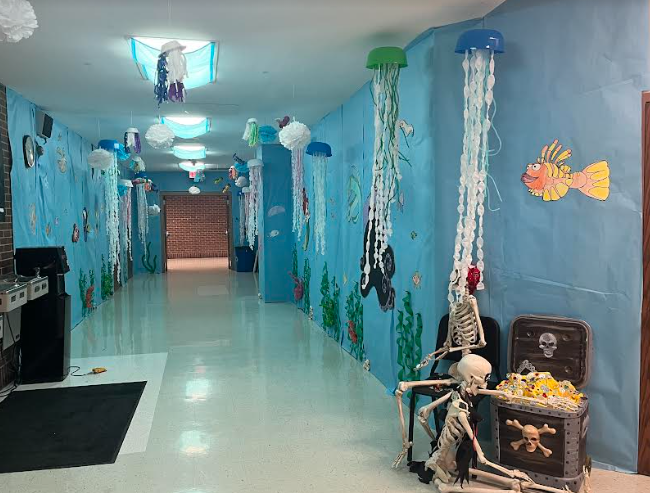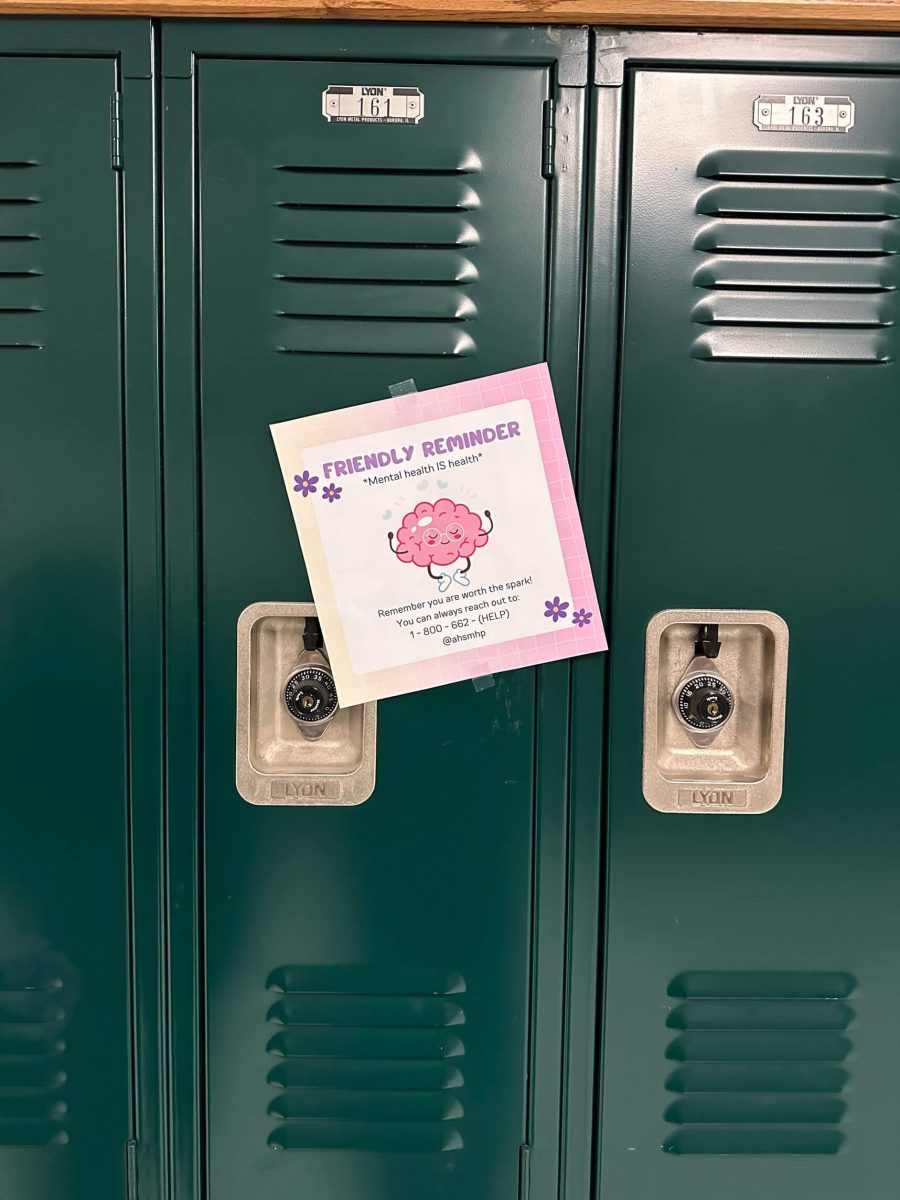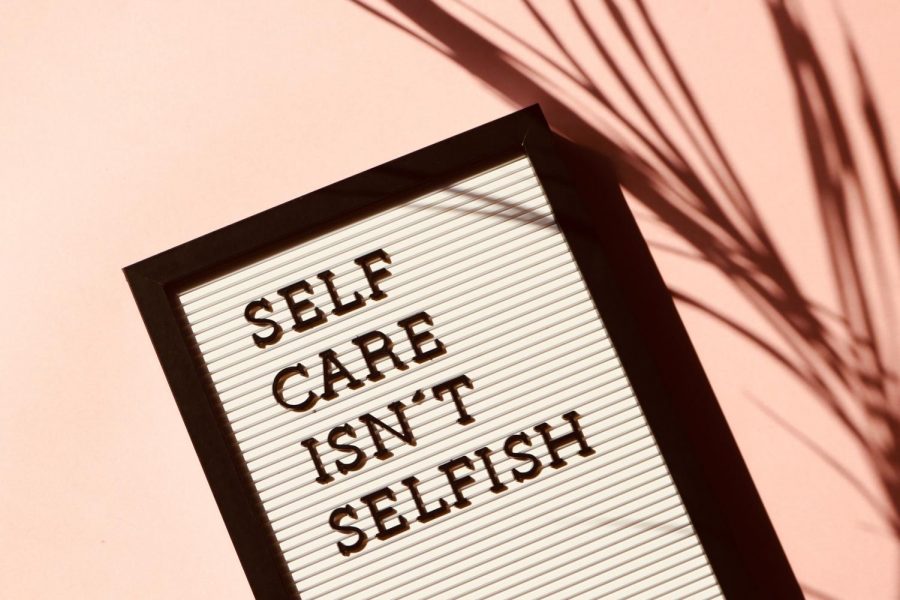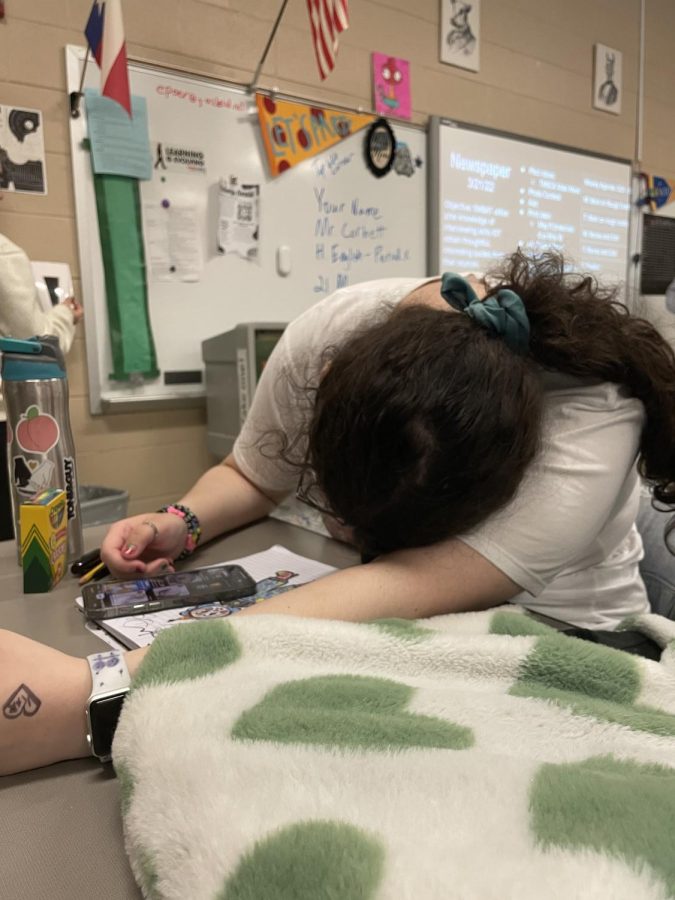Dream Theories and Interpretations
Senior Rya Walker sleeping on a desk in class.
Dreams and their meaning tend to both intrigue and haunt the minds of many, with researchers spending years trying to understand the psychology behind what happens when we close our eyes each night. According to the American Sleep Association, “A dream can be explained as a succession of sensations, emotions, ideas, and images that occur involuntarily in a person’s mind during certain stages of sleep.” There are a number of different interpretations about dreams and their importance, but here are just a few theories.
Sigmund Freud, a well-known neurologist, believed that dreams represented “unconscious desires, thoughts, wish fulfillment, and motivations” (VeryWellMind.com). This also goes along with the idea that dreams are a showing of our deeper emotions and perspectives of specific people, events and more.
Others, such as Harvard University psychiatrists John Allan Hobson and Robert McCarley, suggest that dreams are “merely electrical brain impulses that pull random thoughts and imagery from our memories.” and that “humans construct dream stories after they wake up” as a “natural attempt to make sense of it all.” According to Dreams.co.uk, This is known as the Activation-Synthesis Hypothesis.
There is also the idea that dreams are simply a rerun of what has happened throughout our day, or what is occurring in our lives at that point in time. “For example, during exam time, students may dream about the course content. People in a relationship may dream of their partner. Web developers may see programming code” (MedicalNewsToday.com).
Whether dreams are purely an electrical brain impulse or a recollection of memories from each day, we can still attempt to interpret and analyze their message. This can be done by starting a dream journal, in which you document as much from your dreams as you can remember. This will help you begin to understand how your dreams connect to your thoughts, feelings and overall life.
With this, we can also try to look for themes in our dreams, such as fear, happiness or love. Then, we can relate the people and things in our dreams to these themes. This may reveal a secret crush, hidden phobia or unexpected wish that could have a significant impact on you and your future.
Overall, you may believe that dreams have no true meaning or importance, but nonetheless, it’s interesting to think about them and their context. If you are looking to discover more about yourself, I highly suggest analyzing your dreams, as you might discover things that you never realized or considered before.

Hi, I’m Emporess :) I’m a Scorpio who dreams of being in the medical field one day and loves The Beatles, baking, reading, and more. I've been in journalism...





